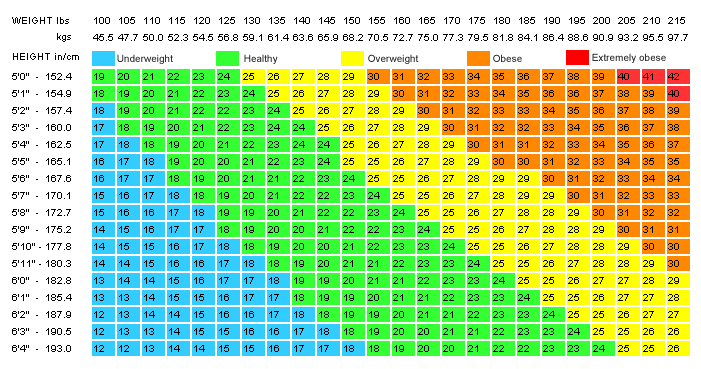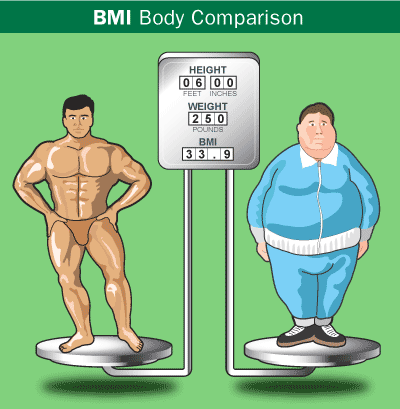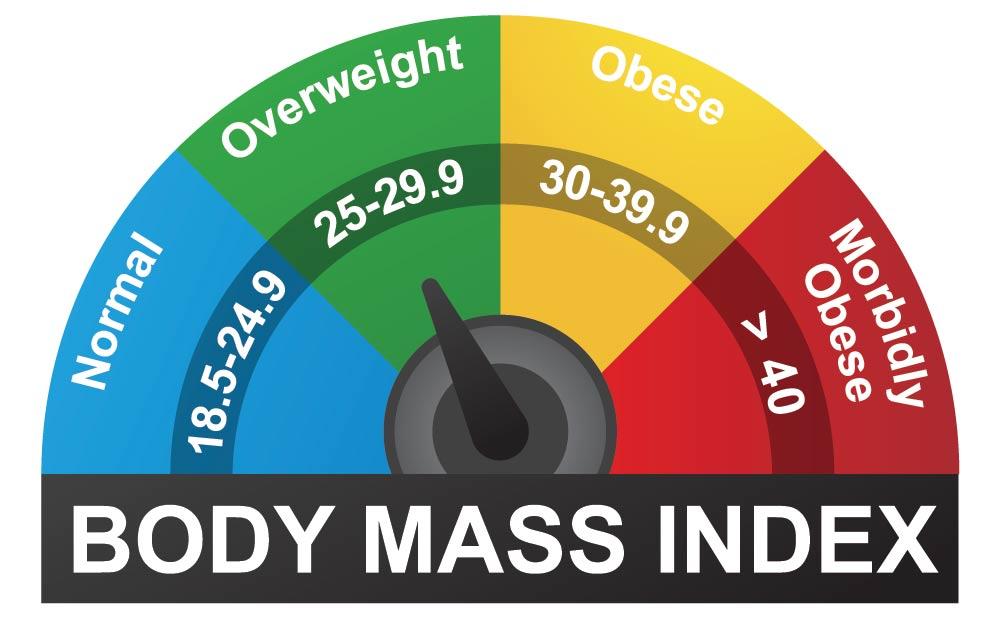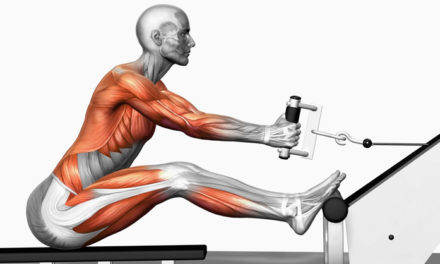Good morning everyone and as always, Happy Thursday. I hope you all have had a good week, and if you live up here in NYC like I do, enjoyed the first week in almost a month without freezing weather or blizzards. Of course now it’s just raining all the time, so… yea…
In fitness news… today I want to talk about the Body Mass Index. Better known as the BMI.
Now I’m assuming the vast majority you have heard of the body mass index as for years an untold number of health practitioners have trumpeted the BMI’s importance and used it as a primary indicator of one’s health and fitness.
Well I’ve got some news for you all. The BMI is actually a totally flawed measurement of health and “fatness.” (I hate that word. Unfortunately in this case it is really the best word to use here.) The BMI is actually so flawed that almost every personal trainer, nutritionist, and dietitian I know doesn’t pay attention to or value a person’s BMI score.
Why?
I’ll get into that in just a second, but first lets quickly recap what exactly the BMI measures, what your BMI score is supposed to tell you about your health, and how you calculate it,.
Then I’ll get into the BMI’s major flaw.
So what exactly does the BMI measure?
The body mass index is a health and “fatness” metric that measures / compares your weight to your height.
What does your BMI tell you about your health?
Your BMI is supposed to help you determine if your body weight is healthy for your height. (And I’ll explain why I say “supposed to” in just a second.)
Supposedly, using your BMI score you can determine if you are a healthy weight for your height, over weight for your height, obese, severely obese, or even under weight for your height.
Here is typical chart used to lay out the different classifications.

And here is another chart, this one giving a more visual representation of how BMI is used to represent health and relative levels of “fatness.”

To calculate your BMI you take your weight in pounds and divide it by your height in inches squared and then multiply that answer by 703.
BMI’s MAJOR Flaw.
So what is the problem with the BMI?
Because the BMI simply compares your weight to your height you can have two individuals with completely different body types, and extremely different health profiles, and the exact same BMI.
For example, lets say you have two men, both 6 feet tall and weighing 250 pounds. One is a body builder while the other is unfortunately quite over weight. They have the exact same BMI!

How is this possible?
It is possible, and extremely common, for two individuals with totally different body types to have the same BMI score because BMI does not take into account the make up of your weight. BMI does not differentiate between fat mass and non fat mass. Non fat mass meaning things like, bones, organs, and most importantly muscle.
And because BMI does not differentiate muscle from fat, the more muscle you have the higher your BMI. This is how our body builder friend in the photo above can end up with a BMI of 33.9, which according to the chart I showed you earlier in this means he is obese!
(I don’t know about you, but I don’t think our body builder friend is obese. He may be taking steroids, which is a whole other topic for a whole other day, but he is about as far from obese as you can be.)
So why is this a problem?
The fact that BMI will classify people with large amounts of (incredibly healthy and great looking!) muscle as overweight, and even obese, is a massive problem because every day more Americans (of all ages and both genders) are (finally) incorporating weight training into their workout routines.
If our medical community continues to rely on our BMI scores as a primary indicator of health, we are going to misdiagnose and misclassify many of our strongest and healthiest individuals as unhealthy and obese. (Like our body builder friend and… me. I’m 5’10 and weigh 185 pounds so my BMI is 26… therefore I am overweight… but I can see my abs… WTF?!)
What metric to use instead?
Instead of relying on your BMI to indicate your health, rely on your body fat percentage.
What is “body fat percentage” and how do you find it?
Well you’re going to have to come back next week to find out because I’m tired of typing, it’s time for my workout, and last time I checked, those weights aint gonna lift themselves!
See you all next week and as always,
To our health!
Zach.





